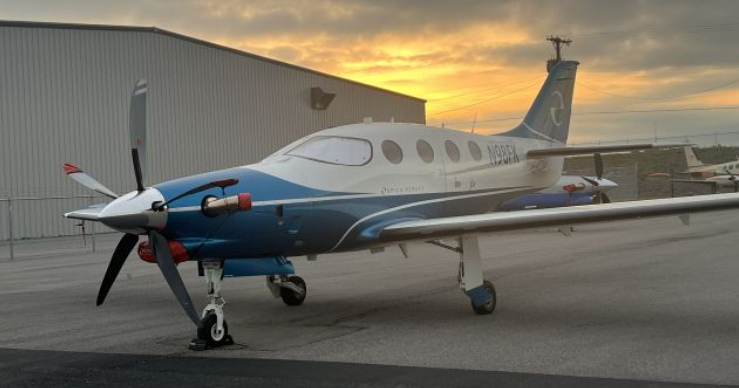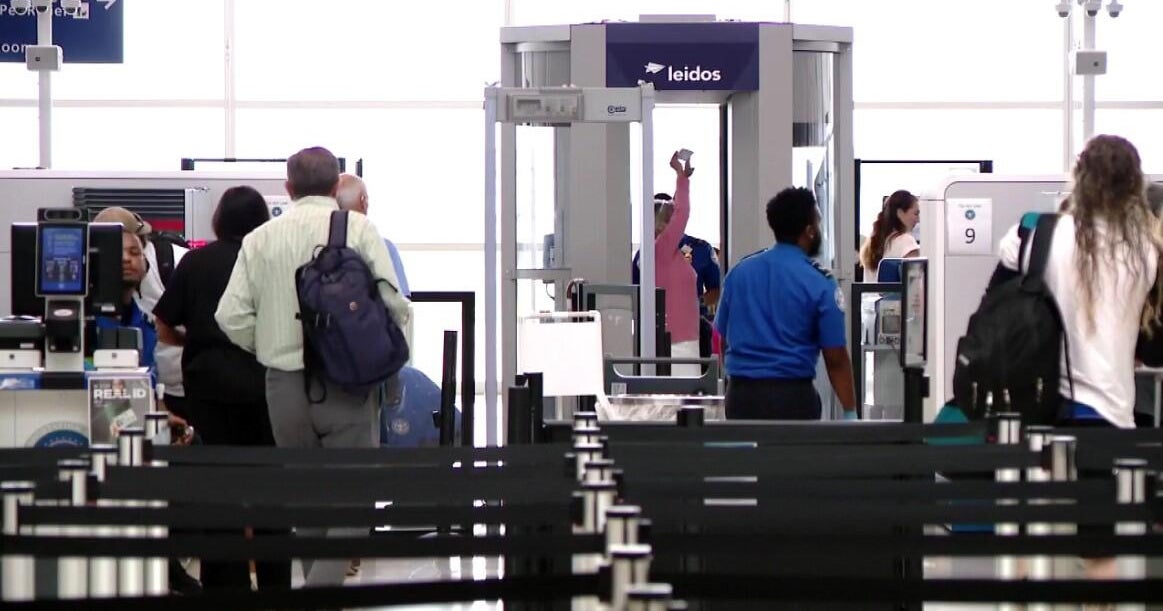FAA Suspends Opposite Direction Operation That Led To Near-Collision
LINTHICUM, Md. (WJZ) -- The Federal Aviation Administration is mandating new safeguards that affect BWI Thurgood Marshall Airport in Maryland. This comes after a miscommunication caused a near-miss in the sky.
Mike Hellgren breaks it down.
In a memo WJZ obtained, the FAA says it has temporarily banned airplanes from flying in opposite directions as they arrive and depart from airports nationwide. It's a common practice used because of an approaching storm to speed up landings in emergencies or sometimes simply for convenience.
The agency's swift action follows a WJZ investigation into an incident at Reagan National Airport last week where three planes came dangerously close to one another less than a mile apart.
It was wind from a storm that led supervisors at a radar control facility to order the shift. But a controller was never made aware of it, leading two US Airways regional jets flying outbound to take off in the path of an inbound flight.
When the controller realized the mistake, she ordered the inbound pilot to abort his landing and she re-routed the plane.
The FAA says this should never have happened. The new suspension on opposite direction operations is temporary until new procedures are in place. That's expected to take about a month.
Here is a recording from the air traffic control during the incident:
Pilot of US. Airways Flight 3329: "We were cleared back there at the river. What happened?"
AirTraffic Controller: "Standby. We're trying to figure this out, too. Standby."
"There was a miscommunication at the Potomac TRACON facility and two traffic management coordinators at Reagan National tower," Michael Huerta, the acting FAA administrator, said.
Potomac Terminal Radar Approach Control (TRACON) also handles approaches and departures at BWI Marshall and Dulles.
"There was unclear communication that took place about the correct traffic flow and the runway configuration," Huerta said. "There was failure to follow standard operating procedure."
In the memorandum, the FAA says it made another troubling discovery: Frontline managers were not solely focused on operations saying they were too busy doing other things.
The memo said: "During times of heavy and complex traffic, we need to make sure they are solely focused on the operations and not handling administrative duties."
"We need to make sure we continue to look at events like this and prevent them from happening," Kevin Hiatt of the Flight Safety Foundation said.
The ban on opposite direction operations is expected to last a month while the FAA revamps policies and conducts new training.
"Safety is our No. 1 priority. Always has been and always will be," Secretary of the U.S. Department of Transportation Ray LaHood said.
Even though the planes were too close, the FAA claims they were never on a head-to-head collision course.
The National Transportation Safety Board is also investigating this incident. No one has been disciplined at this point.







